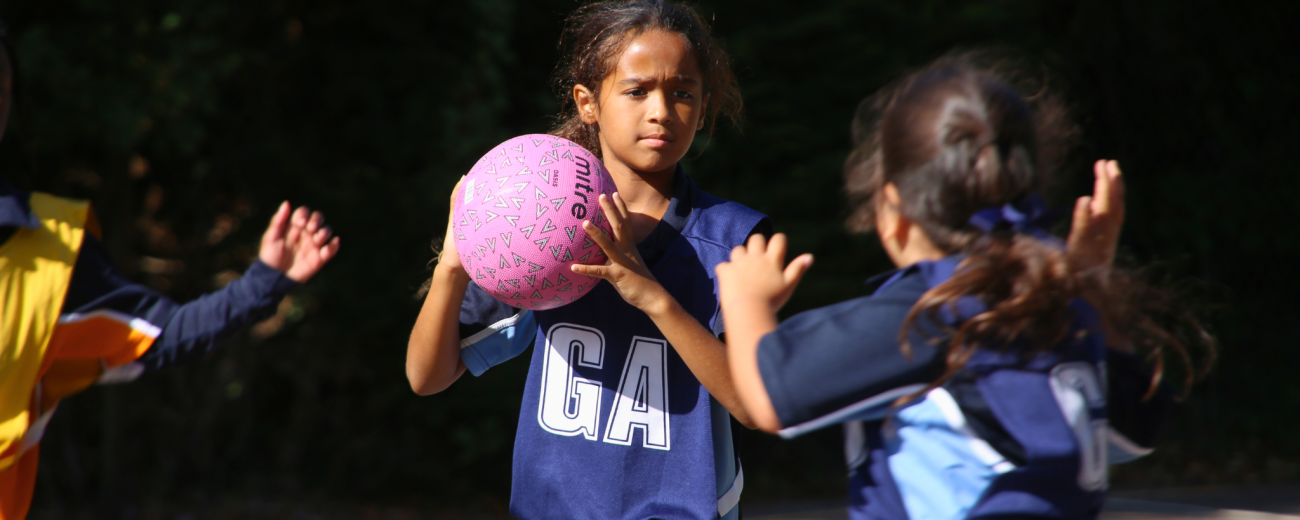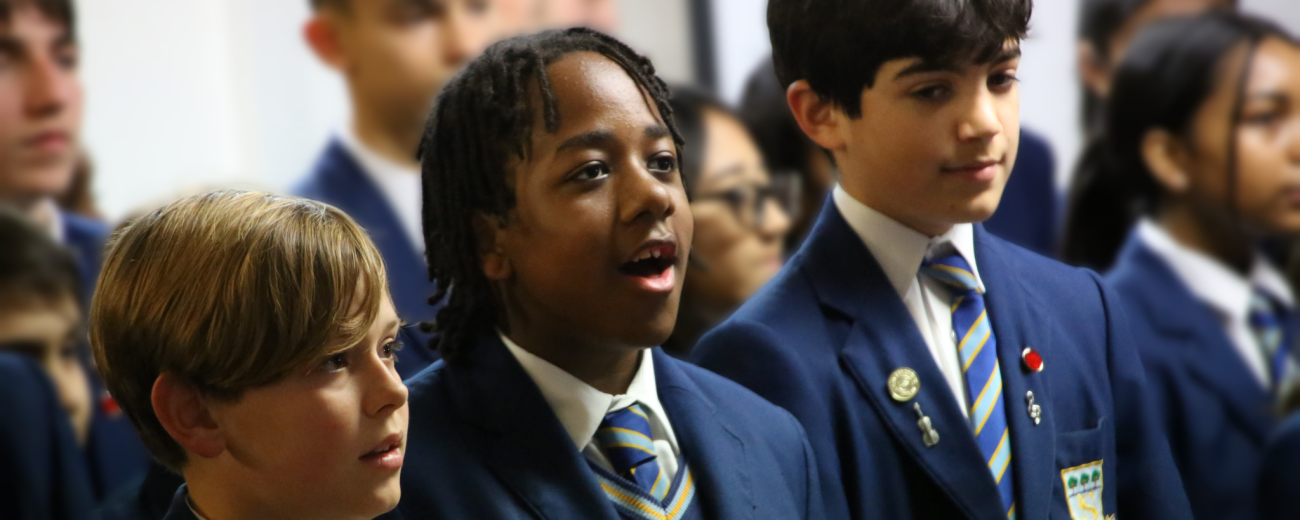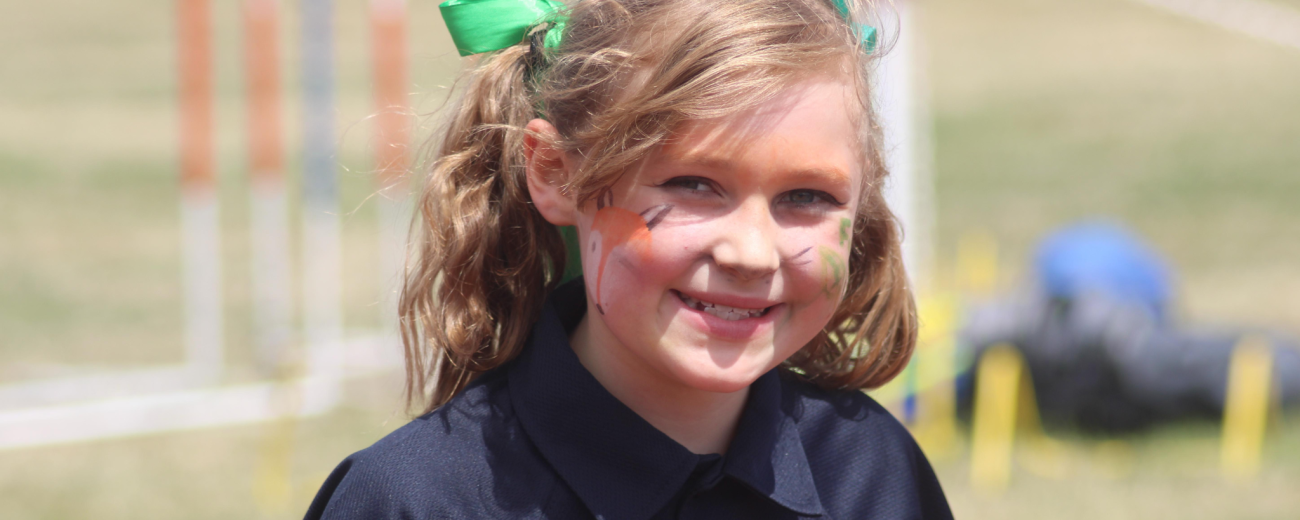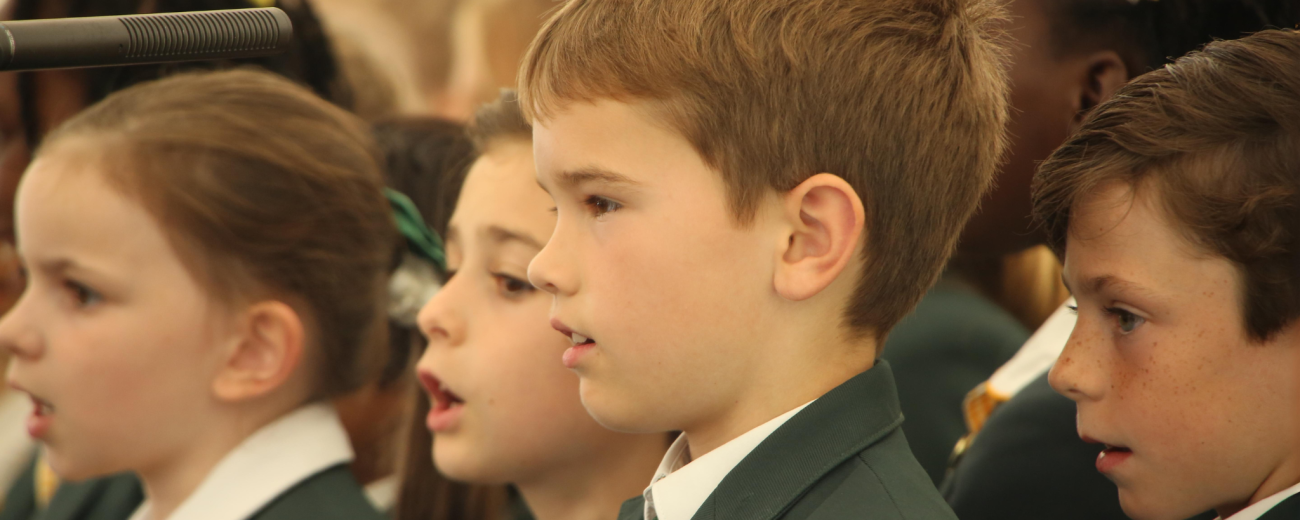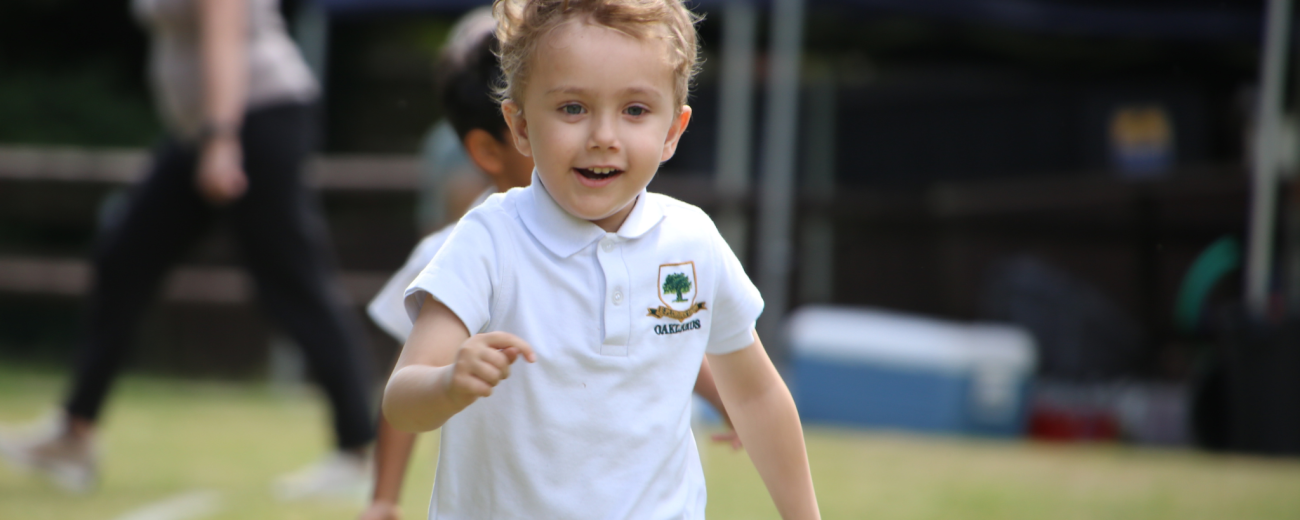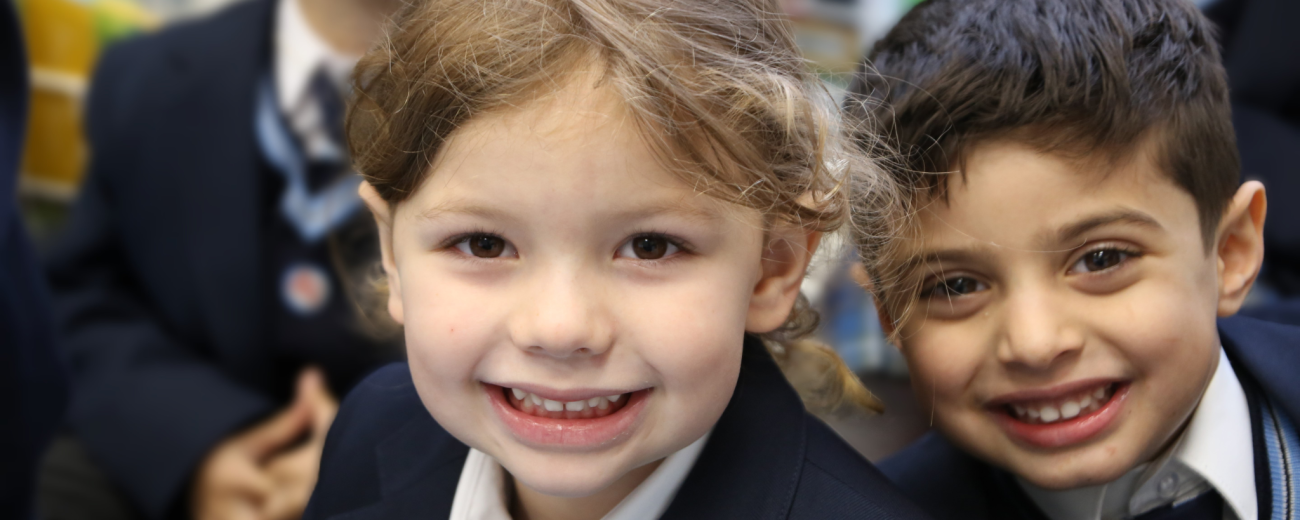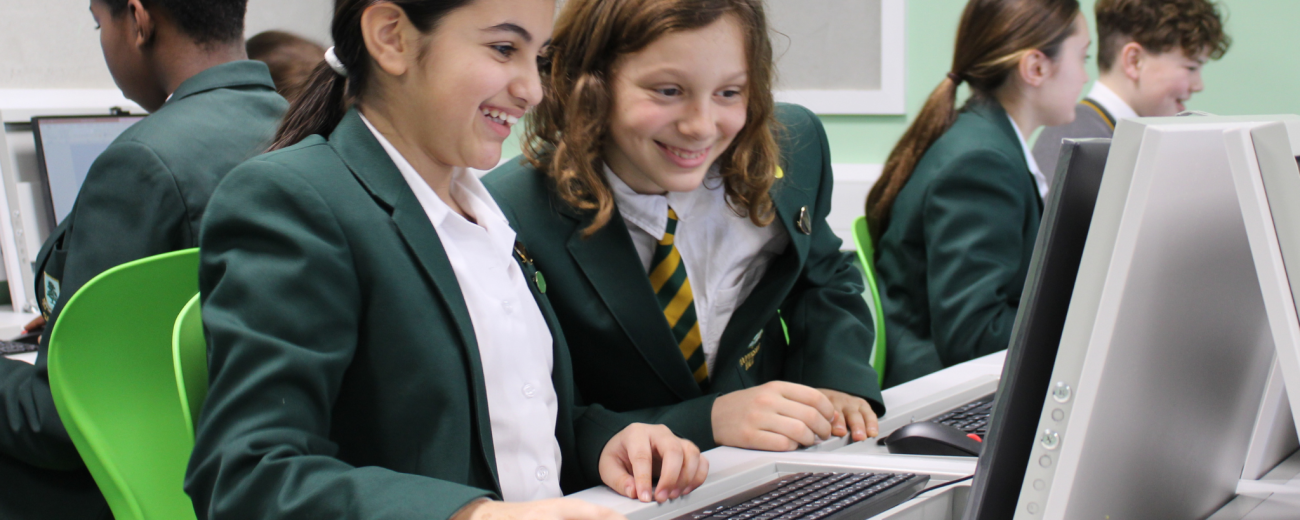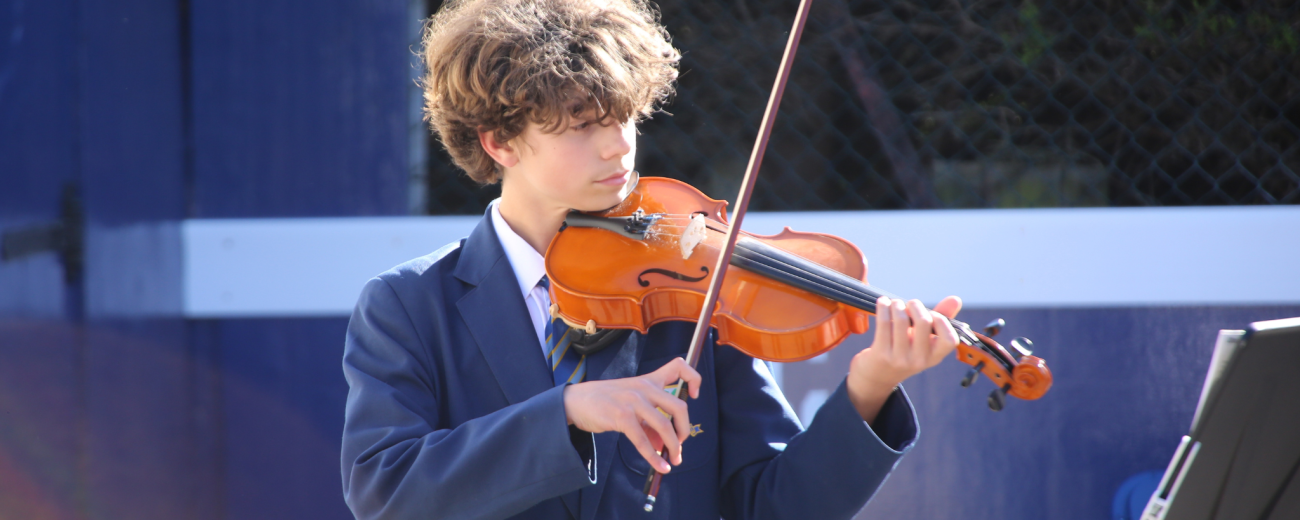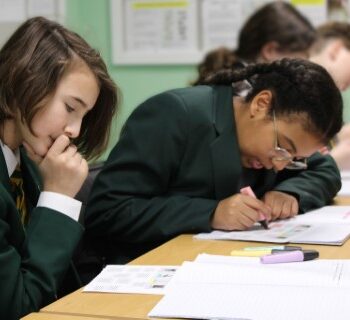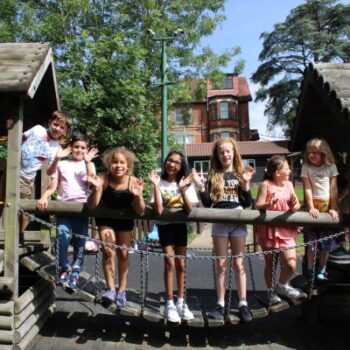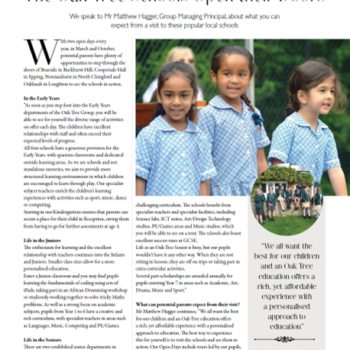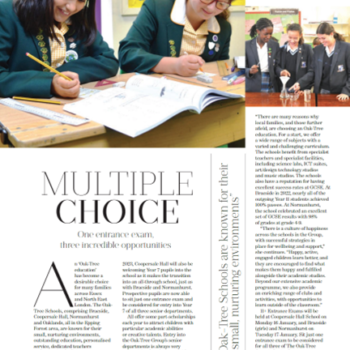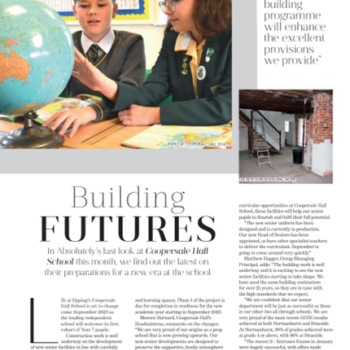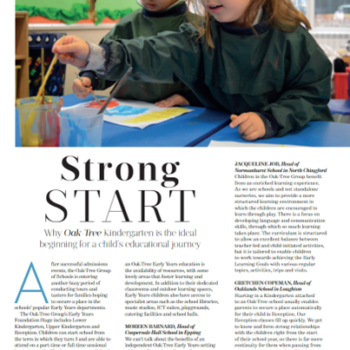As we progress through the last academic term of the year, Year 6 children are beginning to think about the big changes for them that are going to take place over the next few months. Going from primary school to secondary school is a time of mixed emotions for parents and their children, but by taking a thoughtful approach to the transition process, you can help to make it a smooth one.
Preparing for Secondary School
One of the most stressful parts of moving to secondary school is the fear of the unknown. Children will be leaving the familiarity and comfort of their primary school behind to go to a brand new setting, so it will be useful to help them understand what to expect.
Although it is likely you would have attended an open day to look around the school, this may have been before their place was confirmed. In the current circumstances, their ‘Taster Day’ may have been cancelled and a welcome pack sent out instead, therefore more responsibility may fall on the parent to let them know as much as possible about what to expect.
Schools are doing all they can to make the transition as easy as possible, therefore many are providing video welcomes, virtual tours and virtual taster days, all of which you should utilise.
You should also go through the school’s website with your child, as this will be packed full of helpful information on school trips, sports fixtures, lunches, lesson highlights and the choice of clubs on offer, which can all help alleviate the uncertainty. It will also provide images and videos of the pupil’s activities and work, the school and teachers, which is a good way to help familiarise your child with what and who they will see around the school.
Whilst you cannot prepare them for everything they will experience or feel come September, having some knowledge about moving into Year 7 will definitely help.
Making new friends
A massive worry for parents is how easy it will be for their child to make friends when they start a new school. The idea of making new friends can seem daunting for children too, especially if they’ve gone through primary school with the same group of children. If they are lucky, they’ll be moving up with some of their friends, but in most cases they will only know a handful of children. Secondary schools are prepared for this, and the first day will likely be full of opportunities for children to get to know their new class mates.
If your child is going to secondary school without knowing anyone, you could try posting on local social media sites to ask if there’s a group for Year 7 starters and their families. There are bound to be others in the same boat wanting to make a few friends before term starts. It may also be useful to take them to some summer clubs so they can get used to making friends with new groups of people.
If your child comes back from the first day of school and has struggled to get to know people, try not to panic. Friendships change dramatically in the first few weeks of Year 7. Once they settle in more and get to know their classmates better, their friendship circle is bound to expand. It’s also a good idea to encourage them to join an extra-curricular club or activity at school where they’ll have the chance to meet others that they wouldn’t ordinarily have crossed paths with.
Schedules and Independence
One of the biggest shifts going into secondary school is the amount of the responsibility and independence pupils gain.
At primary school, all lessons normally take place in one room with one teacher, but in secondary school pupil’s timetables vary from day to day. They will have many classes with different children and teachers and will be responsible for finding their own way to class and turning up on time. They will be expected to bring the right books to the right lessons and remember items such as cooking ingredients and PE kits.
Settling in to secondary school is largely about initiative and independence and, whilst it may be hard, letting them find their own way. One of the key ways to help children with this change is finding ways to build their independence during the summer before Year 7. It is important to help them build trust in their own ability to problem-solve which will help them come September – from navigating their own way to and from lessons to managing their lunch money for the week.
Another challenge that arises at this time is the school run, and journey that pupils will likely be making on their own. Use the summer to do the journey a few times so they have one less thing to worry about.
Set time aside to talk about the move
Some children take the transition from Year 6 to Year 7 in their stride, whilst for others it takes some time to get used to. Talking about their feelings and worries before they start Year 7 may help them come September. If you can create a space for your child to tell you if there are any problems early on when they start school, then it will make it much easier to continue those conversations in the future.
You may think but by the end of September, you child will be completely settled and happy, but in reality, this may not be the case. Accept that your child’s transition may take longer and give it time. Your job is to simply provide consistency and reassurance as they navigate the move.
The Oak-Tree Group of Schools consists of Braeside in Buckhurst Hill, Coopersale Hall in Epping, Normanhurst in North Chingford and Oaklands in Loughton.


